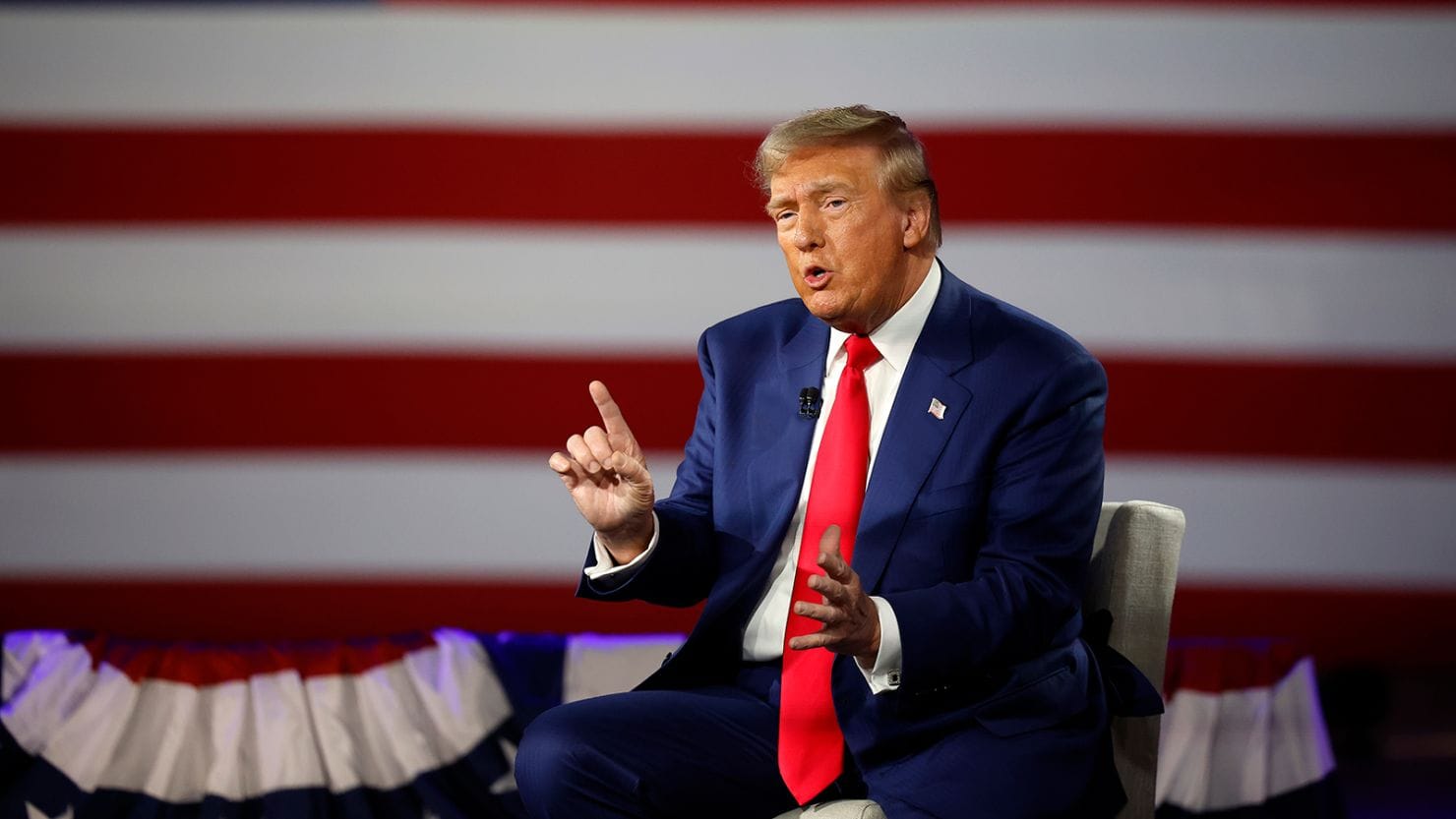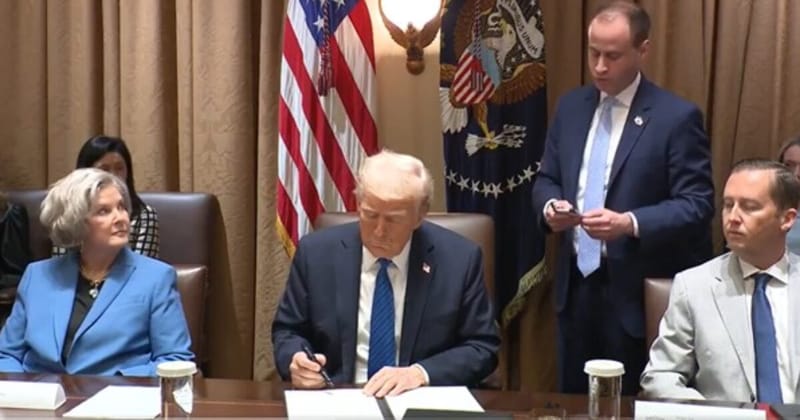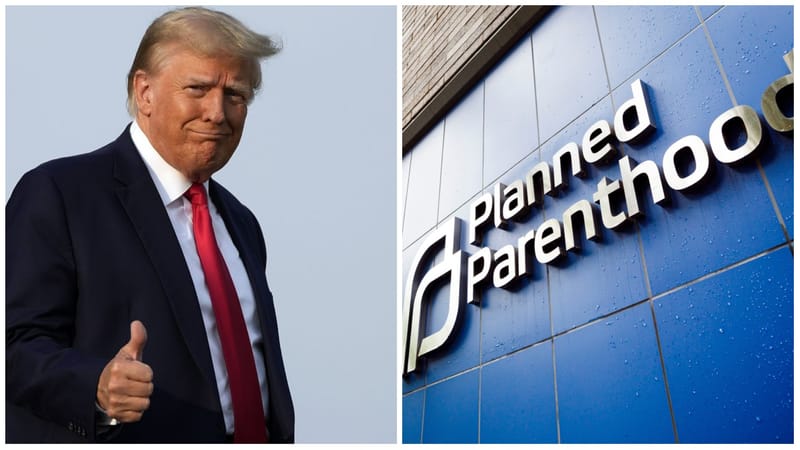Trump's Hush Money Sentencing Delayed Until After Election
In a major development in the legal proceedings against former President Donald Trump, a New York judge has postponed his sentencing in the hush money case until after the presidential election, set for November 5, 2024. The decision, handed down by Judge Juan M. Merchan, sets the new sentencing date
In a major development in the legal proceedings against former President Donald Trump, a New York judge has postponed his sentencing in the hush money case until after the presidential election, set for November 5, 2024. The decision, handed down by Judge Juan M. Merchan, sets the new sentencing date for November 26, ensuring that Trump's legal consequences for his conviction on 34 felony counts of falsifying business records will not influence the upcoming election.
The delay comes in the wake of a Supreme Court ruling on presidential immunity, which has complicated the legal landscape for Trump's case. His legal team argued that the Supreme Court's decision on immunity should impact the evidence presented in the hush money trial, potentially leading to the dismissal of the charges. This argument was one of the reasons cited for the postponement, allowing Trump's lawyers more time to appeal based on the immunity ruling.
Trump, who became the first former U.S. president to be convicted of a felony when found guilty in May, could face up to four years in prison. However, Judge Merchan's decision to delay the sentencing has been interpreted as a move to avoid any perception of electoral interference, emphasizing the court's commitment to impartiality during this politically charged period.
The case revolves around payments made to silence allegations of an affair during the final stages of Trump's 2016 presidential campaign, with the conviction hinging on the falsification of business records to cover up these payments. Trump's camp has labeled the entire process as a "witch hunt," while supporters of the prosecution argue that justice must be seen to be done, regardless of the political implications.
This postponement marks another chapter in Trump's legal battles, which have become a focal point of his 2024 presidential campaign. Critics argue that such delays might serve to keep Trump's legal woes in the public eye, potentially affecting voter perception, while supporters see it as a necessary step to ensure a fair legal process untainted by political timing.
The decision has sparked a mix of reactions across the political spectrum, with some viewing it as a victory for Trump's legal strategy, aiming to navigate his criminal cases past the election, while others express concern over the optics of justice delayed. As the election approaches, this case continues to underscore the intersection of law and politics in American governance.




